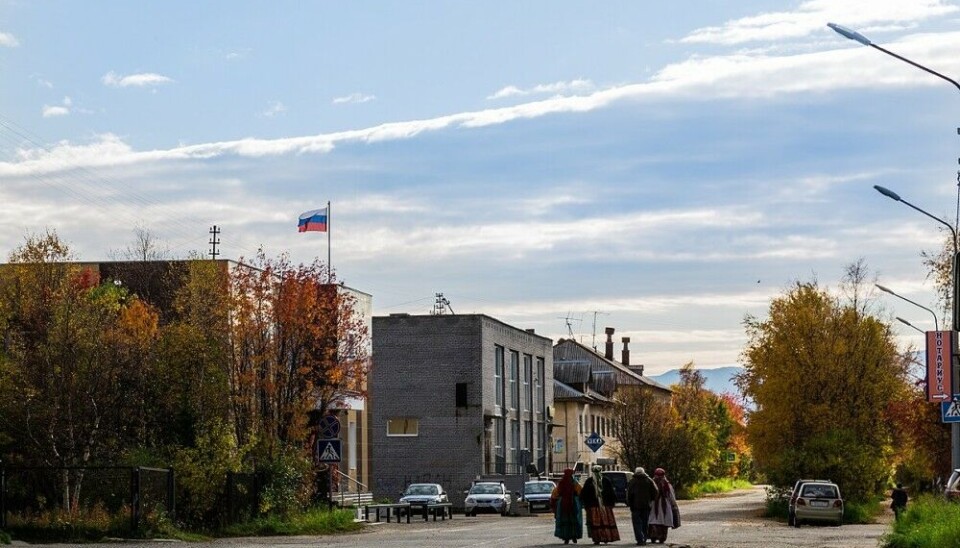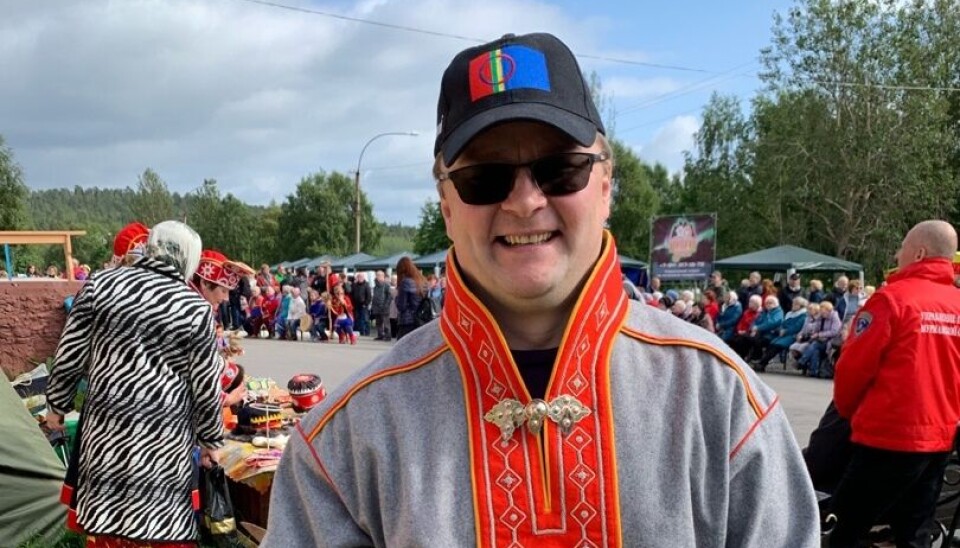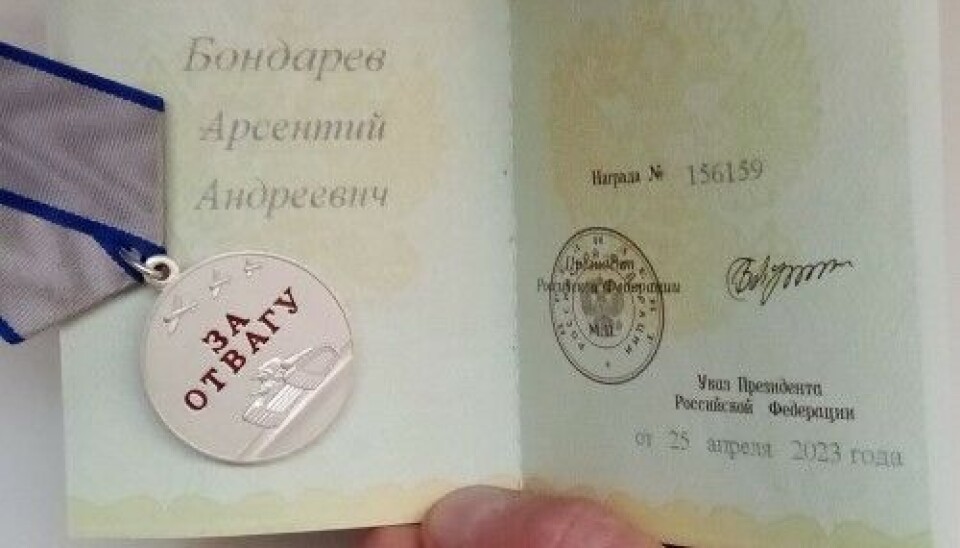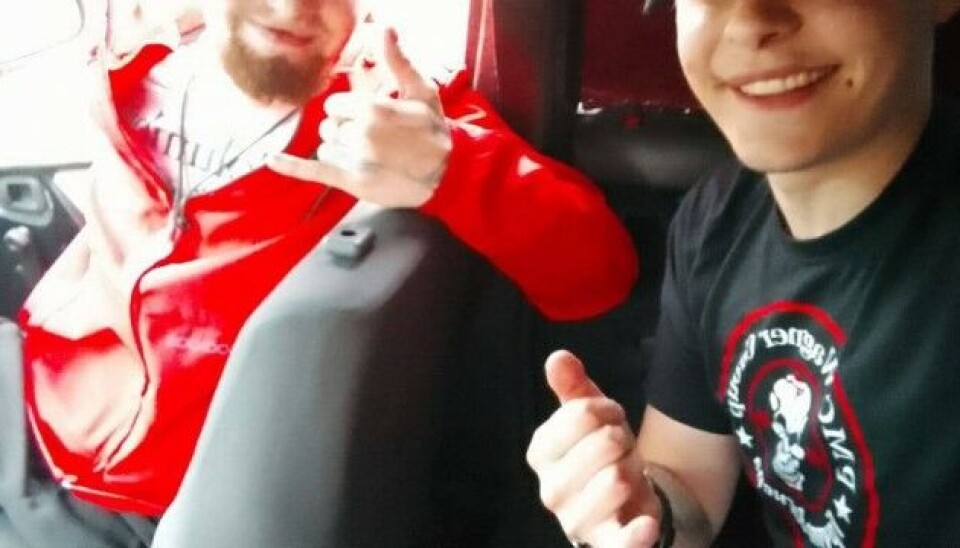
“We’re afraid to walk the streets”. The participants of the double murder in Lovozero are out of jail thanks to the war in Ukraine
Konstantin Prikhodchenko and Arsentiy Bondarev, who killed two residents of Lovozero, Murmansk region in 2020, returned home without serving even a small portion of their sentence. Victims’ families are now afraid of revenge.
On the night of November 29, 2020, two residents of Lovozero, Viktor Kovunov and Evgeniy Yushkov, were fixing a snowmobile in a garage. They were approached by two drunks, Konstantin Prikhodchenko and Arsentiy Bondarev. The verdict of the Murmansk regional court reads that the men “had a conflict caused by a sudden personal enmity”. The ‘conflict’ resulted in a brutal murder. Prikhodchenko stabbed his victims with a hunting knife, while Bondarev hit them with the butt of a rifle. To hide the traces of the crime, they then burned the garage together with the bodies.
The punishment for this crime can be a life sentence, but the court showed humanity. Konstantin Prikhodchenko was sentenced to 22 years in a maximum security prison for double murder and related crimes (theft and destruction of property). Arsentiy Bondarev got 19.5 years of prison. However, none of them served even a tenth of the sentence. The verdict was pronounced in May 2022, shortly after the start of Russia’s full-scale invasion of Ukraine. It was this invasion that gave freedom to the repeat offenders (both had previous convictions).
A former resident of the village, Roman Yakovlev, says rumors that Prikhodchenko and Bondareva had been sent to war began to appear in the fall of 2022. This information shocked relatives of the victims and other locals.
“We refused to believe it, because we were sure that they were serving their sentences. After all, we did not receive any official notification, although according to the verdict, we were to be notified of their movements,” says Ekaterina Barakovskaya, daughter of the murdered Evgeniy Yushkov.

“When they were taken away [to the war], everybody in Lovozero tensed up. Well, the hope was that they wouldn’t return from there, although I immediately assumed that they would return anyway. Then there were rumors that one had his legs torn off, and the second one died. And when the information came that they were returning as ‘heroes’, people were in shock,” Roman Yakovlev said.

The Barents Observer has found the pages of Konstantin Prikhodchenko and Arsentiy Bondareva on the VK social network. Prokhodchenko’s profile is private, but Bondarev’s page is public. It features a photo of the Medal for Courage posted on 16 July. The medal was awarded by the executive order of the President of Russia on April 25, 2023. The document is missing from the database on the Kremlin website, just like other hundreds and thousands of executive orders, for example those pardoning prisoners recruited to the war.
Bondarev’s other photos may help assume where exactly he served. In one of the photos he’s sitting next to a man in a Wagner t-shirt. Bondarev is also showing a characteristic gesture that became one of the symbols of the private paramilitary group.
The Barents Observer reached out to both men for comment. Prikhodchenko read the message, but hadn’t responded by the time the article came out. Arsentiy Bondarev has been online, but the message remains ‘unread’.

According to rumors circulating among locals, both ex-convicts moved to Murmansk where they bought apartments with the money received for service in Ukraine. Earlier the court ordered them to pay multimillion-ruble compensation in damages to the families of the murdered men. Ekaterina Barakovskaya says that they haven’t receive any money from the killers, but it is impossible to compensate for the grief caused by these people in any case.
“At the moment, we know that they are free, living a normal life, as if nothing had happened. We feel bitter and lost, confused and indignant. We are scared and discouraged. Our loved one is gone, his children are without a father, his grandchildren are without a loving grandfather, and his wife is without support! They brutally killed him and did not carry a fair punishment. How can this be??” the young woman asks.
Locals say that Bondarev did not show up in the village after returning from the war, but Prikhodchenko came several times already.
“We are afraid of what they can do with us. Revenge? That’s possible. We are afraid to walk the streets, because we can meet them at any moment. Who will protect us? Who will help us? How can we continue to live, knowing that the killers are on the loose, and my beloved father is gone?”says Ekaterina.
The Barents Observer has learned that the inhabitants of Lovozero have begun to think more about the need to ensure their physical protection. Some people don’t go out without pepper spray anymore. Others, on the contrary, discuss extreme and illegal measures.
“There were such conversations that maybe something should be done with this person, with Prikhodchenko. Somehow somewhere… Sometimes you just want to arrange something so that this person simply does not exist,” says Tatyana, a resident of Lovozero (her name has been changed for safety reasons).
The people we spoke to told us the attitude towards murderers in the village was extremely negative, and participation in the war didn’t change it in any way.
“Local residents do not identify them with heroes and defenders,” says Roman Yakovlev. “On the contrary, the problem has worsened. They participated in the fighting; they may have killed someone there…”
Tatiana, a good acquaintance of Evgenia Yushkova, claims that Konstantin Prikhodchenko was brazen in court — he made faces and exchanged winks with his wife and mother. His previous convictions include heavy beating, theft and involvement of a minor in criminal activity. And Bondarev received a suspended sentence for theft six weeks before the double murder. Tatiana thinks that the offenders are beyond rehabilitation.
“The locals are fearful, because it is really dangerous - you don’t know what to expect from them. So people somehow try not to talk about this topic at all. It seems to me that even now they do not think about anything but their own world, about closing themselves in their box and trying to survive somehow. We push away thoughts so as not to think about anything because otherwise you can just go crazy. It is very convenient to manage people who are scared,” Tatyana said.
Even people who support Russian policy and the war in Ukraine have been surprised by the release of their fellow villagers turned murderers. Nikita Karpov who runs a social media group “We do not leave our own! Lovozero district” collects humanitarian aid for Russian soldiers and, in theory, should be loyal to those who volunteered to fight the Ukrainians. However, even he does not really understand what to think about what happened in his village.
“I won’t say that I’m afraid [of returning criminals], I can stand for myself. Of course, there are thoughts that you need to be more alert…
We live in such a time, it’s like a big experiment. Normality is changing right before our eyes. What was incomprehensible to the mind yesterday is normal today,”Karpov told The Barents Observer.
Criminals who have gone through the war in Ukraine often represent a very real danger to their countrymen. On the night of August 1, a mass murder took place in the Karelian village of Derevyanoe. The attackers stabbed six people and then set fire to two houses to hide their crime. It turned out that one of the suspects, Igor Sofonov, had recently returned from Ukraine, where he fought either in the Wagner paramilitary group or in the Storm Z detachment of the Ministry of Defense.
The head of the Wagner PMC, Yevgeny Prigozhin, has claimed that he recruited tens of thousands of prisoners during the war. 32,000 of them returned home, he said. The recruitment of prisoners from prisons continues, although now it’s done by the Ministry of Defense. Mozhem obyasnit (“We can explain”) media outlet found out that now convicts are being recruited by force, and some are ready to contract HIV, just not to go to war.















